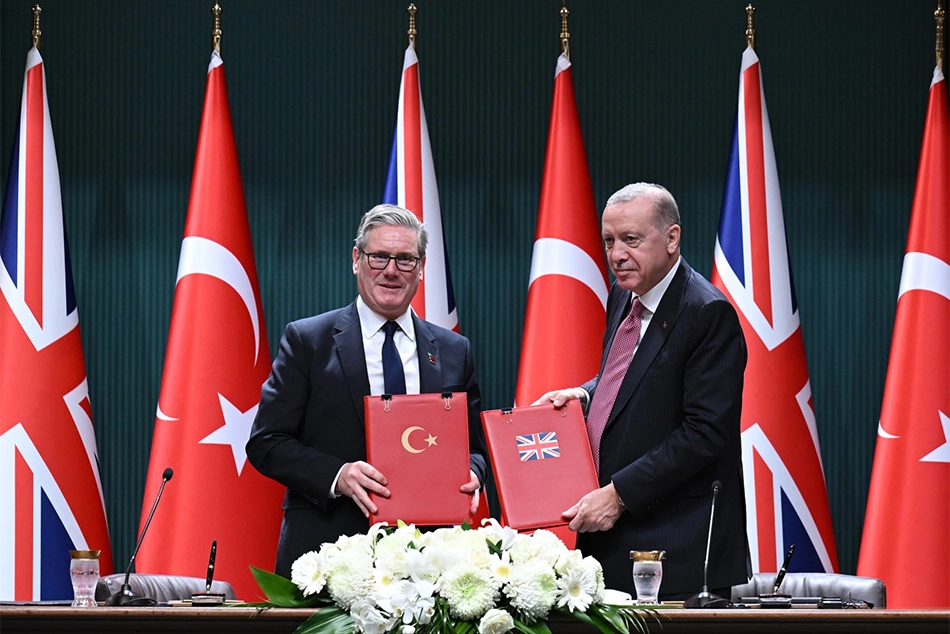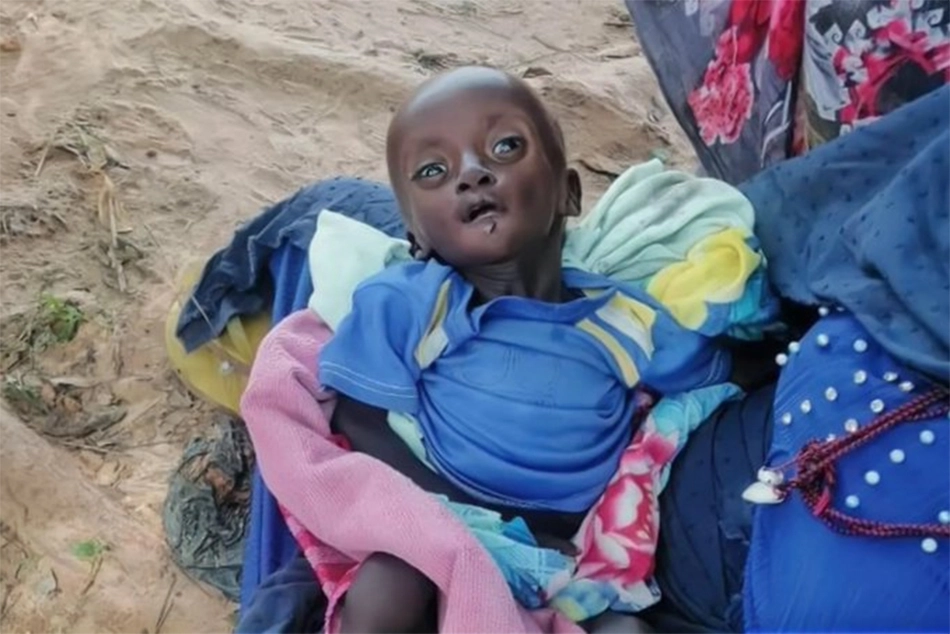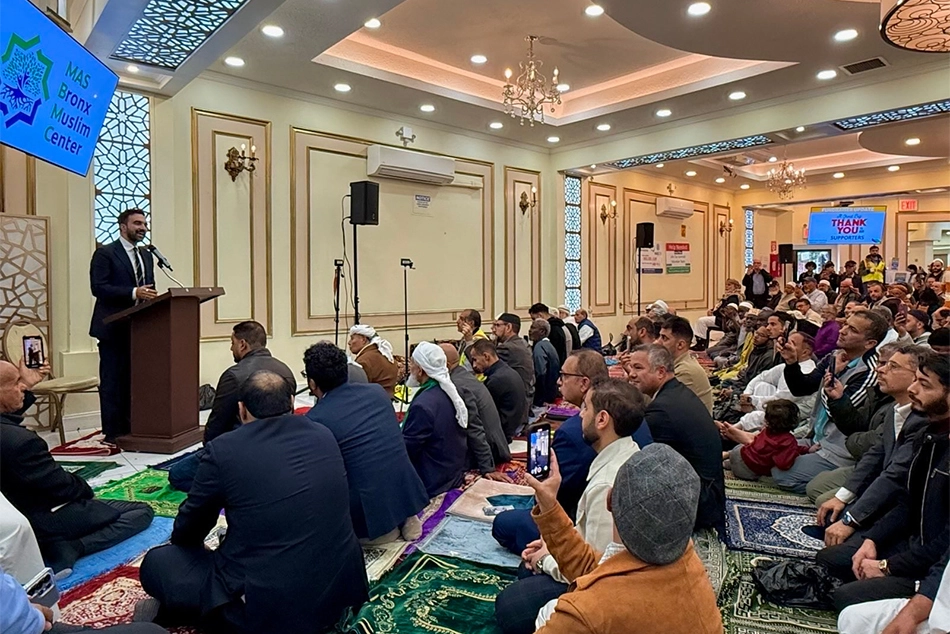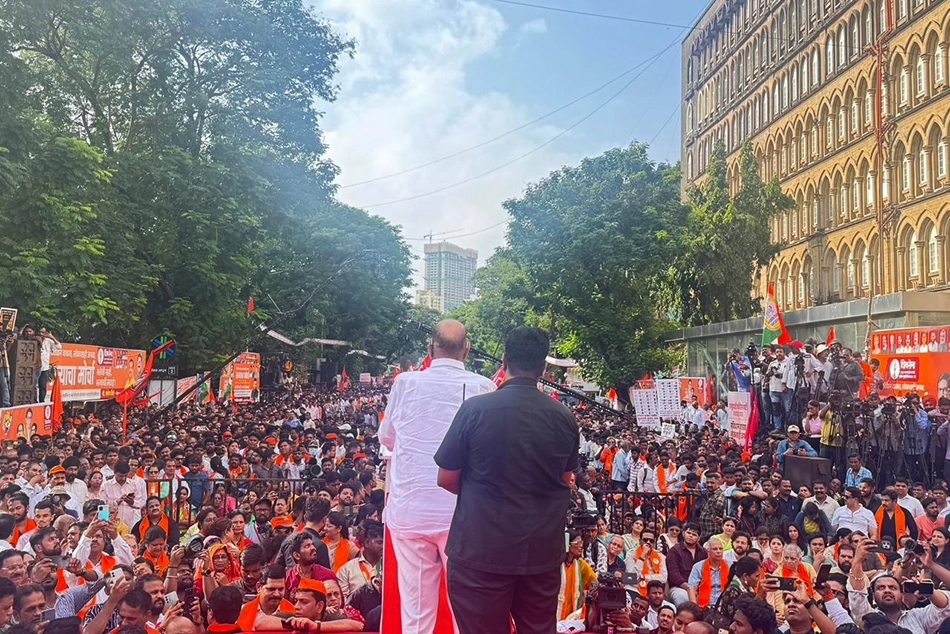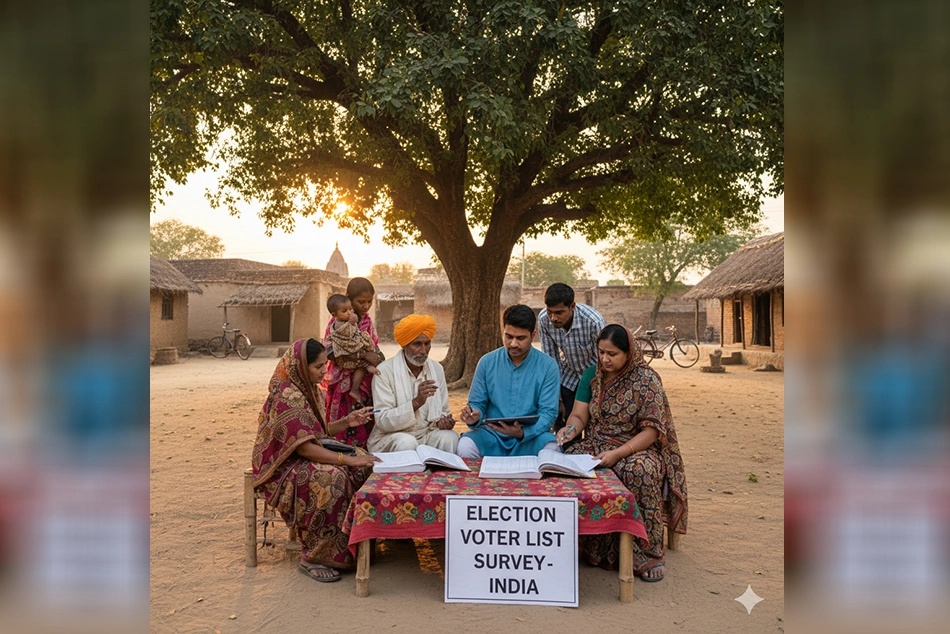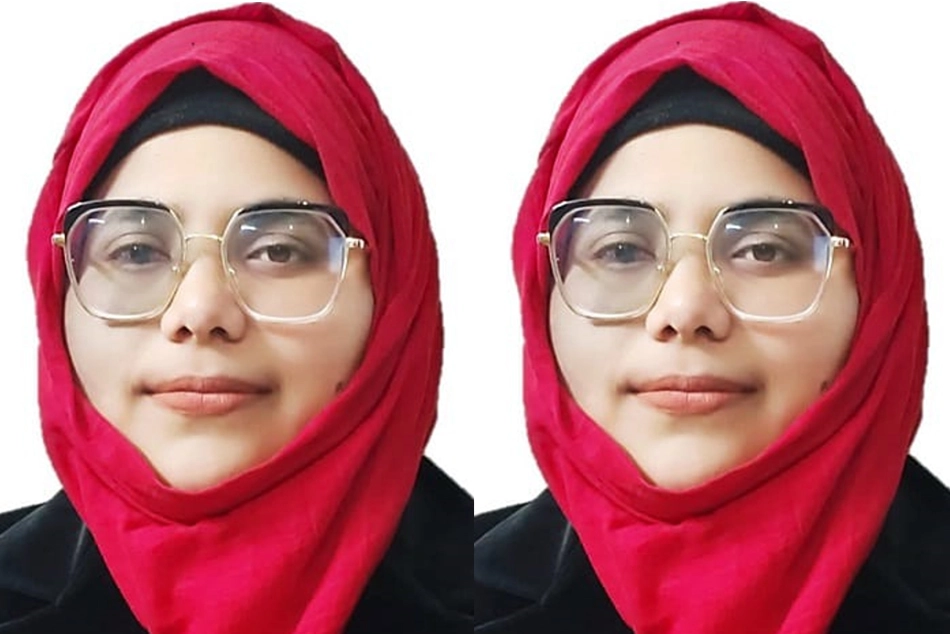
In first interview since Aug 2024, Sheikh Hasina rejects charges against her
Ousted Bangladesh Prime Minister Sheikh Hasina refused to apologize for the bloody crackdown on street protests that led to her downfall last year, and tells international media outlets that she has no intention to leave India.
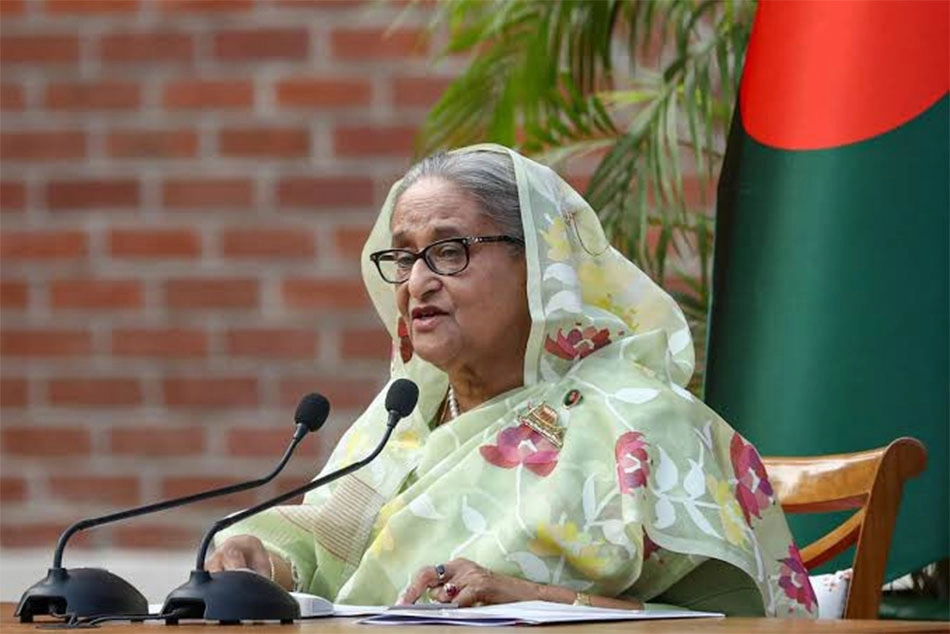
Ousted Bangladesh Prime Minister Sheikh Hasina refused to apologize for the bloody crackdown on street protests that led to her downfall last year, and tells international media outlets that she has no intention to leave India.
Last week, Sheikh Hasina from her safe house – somewhere in Delhi, India, gave written interviews to Reuters, The Independent, and French news agency AFP.
The interviews via email with international outlets were her first media engagements since her autocratic regime collapsed during the Monsoon Revolution.
Hasina spoke her mind, plans on her exile, her political party, Awami League, the upcoming election sans Awami League, and, of course, critiquing the Interim Government, describing it as an “illegal” government. She blamed the Yunus government was “sowing the seeds” of further division in her country.
As per the three international media reports published on the same day – the 78-year-old former leader remained defiant in her exile, rejecting charges of crimes against humanity and describing her ongoing trial as “politically motivated.”
Despite her failure to hold free, fair, and inclusive elections in three consecutive sham polls during her 15-year rule, she has now demanded that the Interim Government should hold an inclusive election.
“Elections without the direct participation of all major parties, including the Awami League, cannot be credible,” she said.
It should be pointed out that Hasina has been accused of disenfranchising millions of voters through holding elections in 2014, 2018, and 2024 without the participation of opposition parties.
The Bangladesh Nationalist Party (BNP), the opposition Hasina once castigated, is seen as the frontrunner, while Jamaat-e-Islami - the Sunni Muslim-majority country’s largest Islamist party, is rising in popularity during post Hasina.
The Election Commission suspended the Awami League’s registration in May. Earlier, the government banned all party activities, citing national security threats and crimes against humanity probe into senior Awami League leaders.
In the interview, Hasina warned that the ban on her Awami League by the interim government of Nobel laureate Muhammad Yunus was deepening a political crisis in the country of 170 million people, ahead of elections slated for February 2026.
"Millions of supporters of Bangladesh’s Awami League will boycott next year’s national election", Hasina told Reuters from her exile in India.
Hasina said she would not return to Bangladesh under any government formed after elections that exclude her party, and plans to remain in India to live “quietly and freely”, where she fled in August 2024 following the deadly student-led uprising.
She added that she had “no intention of seeking asylum beyond India (in a third country).”
“The ban on the Awami League is not only unjust, it is self-defeating,” Hasina said in emailed responses to Reuters — her first media engagement since her dramatic fall from power after being elected to power for the fifth tenure.
“The next government must have electoral legitimacy,” Hasina told Reuters. “Millions of people support the Awami League cannot disenfranchise millions of people.”
Political analyst Mohiuddin Ahmad said that Hasina shouldn’t expect from an “illegal” government. She has no alternative but to remain calm and enjoy the hospitality of Delhi.
Hasina is in exile in New Delhi for the second time. Earlier, she stayed for six years, from 1975 to 1981. Later, she returned to Bangladesh as president of Awami League, and in 1996, she was elected Prime Minister for the first time.
The Prosecutors of the International Crimes Tribunal, a Bangladesh war-crimes court, are seeking the death penalty for Hasina, accusing her of crimes against humanity by ordering the use of lethal force against student protesters, resulting in up to 1,400 deaths.
In her AFP interview, Hasina rejected the accusations of crimes against humanity, insisting they were “not supported by any evidence” and that the tribunal was appointed by an administration that included her political opponents.
Hasina contested the Office of the United Nations High Commissioner for Human Rights (OHCHR) death toll claim during the July Uprising in 2024, saying that “the 1,400 figure is useful to the ICT for propaganda purposes but is probably inflated”.
Prosecutors have sought the death penalty for Hasina, accusing her of ordering lethal force against protesters in July and August 2024, when as many as 1,400 people were killed and thousands were injured, according to what the United Nations described. Hasina is defended in ICT by a state-appointed lawyer, but said she would only recognize an “impartial” process, such as one at the International Criminal Court (ICC).
Hasina, meanwhile, has defied court orders to return to attend her trial on whether she bears command responsibility for the deadly crackdown, charges amounting to crimes against humanity under Bangladeshi law. A verdict is due on 13 November.
In response to AFP, Hasina also condemned her crimes against humanity trial as a “jurisprudential joke”, adding she believed a guilty verdict was “preordained”.
Her critics, including interim officials and human rights lawyers, say she bears “command responsibility” for the use of lethal force. Chief prosecutor Tajul Islam described her as “the nucleus around whom all the crimes were committed,” urging the court to impose the death penalty if found guilty.
Bangladesh’s premier English newspaper, The Daily Star’s own investigations found that Hasina had personally authorized the use of lethal weapons.
The newspaper had published a leaked phone recording from 18 July 2024 where Hasina tells her nephew, former Dhaka South Mayor Fazle Noor Taposh, “I have given instructions, now I have given direct instructions; now they will use lethal weapons. Wherever they find them [protesters], they will shoot directly.”
“The charge that I personally directed security forces to open fire on crowds is bogus,” Hasina told AFP, while conceding that “some mistakes were certainly made within the chain of command.”
“They’ve been brought by kangaroo courts, with guilty verdicts a foregone conclusion,” she told Reuters, adding that she would “neither be surprised nor intimidated” if she were sentenced to death.
She told The Independent that she “mourns each and every child, sibling, cousin, and friend we lost as a nation,” but refused to issue a formal apology, arguing that the unrest was manipulated by her political rivals to topple her government. “I mourn the lives we lost, but I reject the false allegation that I ordered police to shoot demonstrators,” she said.
Rights groups, including the Human Rights Watch and Amnesty International, long accused her government of a litany of abuses, including the murder of rivals, suppression of opposition parties, rigged courts, and one-sided elections.
In response to AFP, Hasina said her priority now was “the welfare and stability of Bangladesh,” while her party explores legal and diplomatic avenues to contest its exclusion from the political process. Yunus must reinstate the Awami League to give Bangladeshis the choice they deserve.”
[The writer, Saleem Samad, is an independent journalist based in Bangladesh and a media rights defender with Reporters Without Borders. He is the recipient of the Ashoka Fellowship and the Hellman-Hammett Award. He could be reached at: saleem.samad.1971@gmail.com; Twitter (X): @saleemsamad.]
Follow ummid.com WhatsApp Channel for all the latest updates.
Select Language to Translate in Urdu, Hindi, Marathi or Arabic

